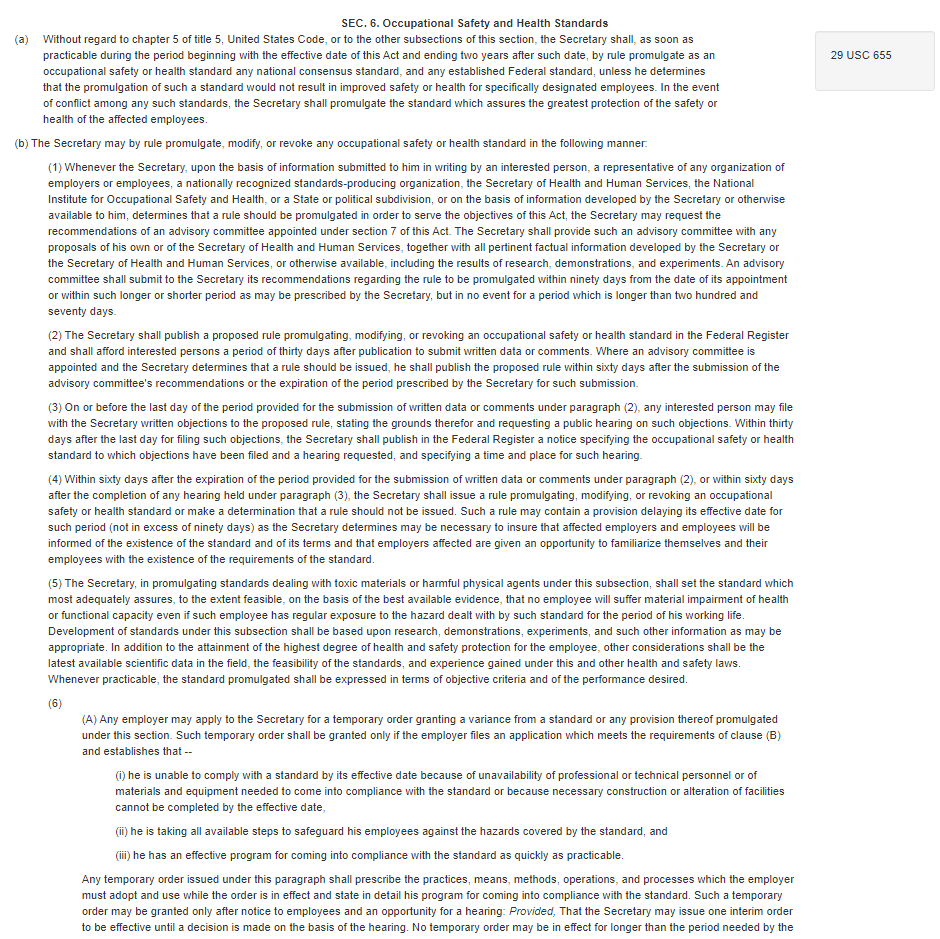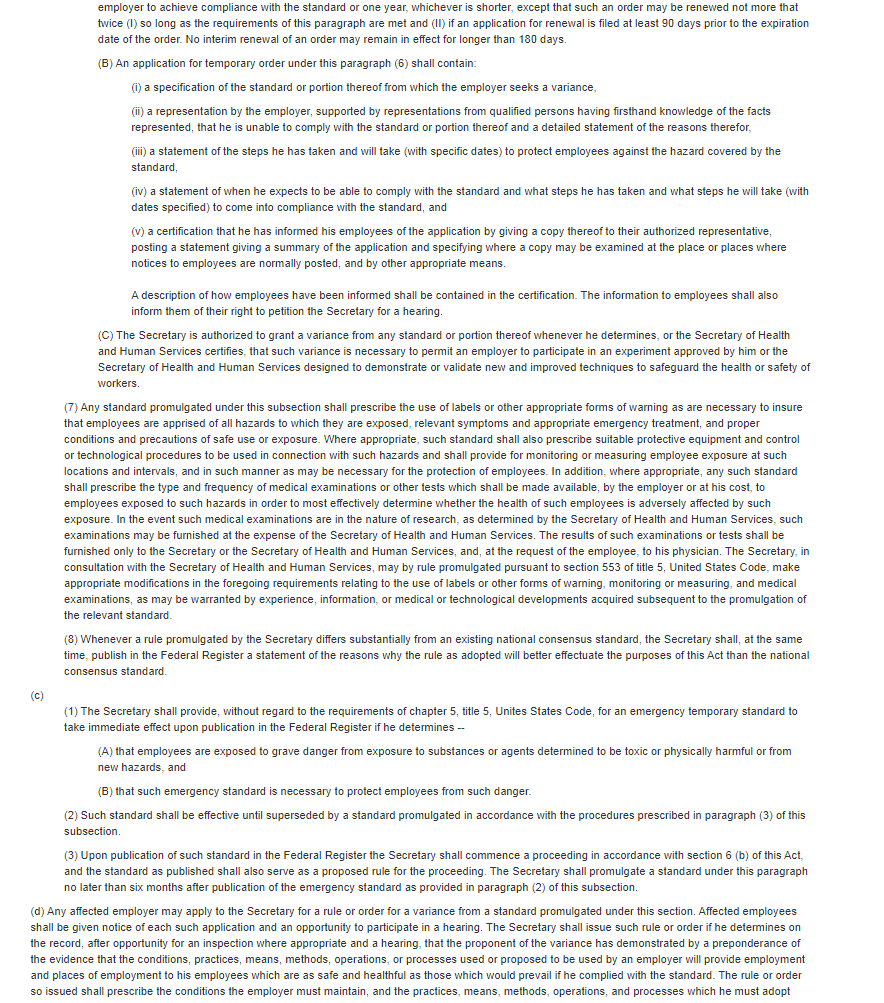Introduction
With the emergence of the coronavirus threat, significant adjustments have been made to every industry and field, including that one education. As a result, the existing standards for safety management have been shaped to a significant extent in most higher academic institutions (Beech & Anseel, 2020). Specifically, a much more pronounced focus on the issue of Covid-19 prevention in staff members and students has been observed (Crawford et al., 2020). However, due to the described restrictions, multiple concerns have been raised by staff members in a range of states, including New Jersey (Kecojevic et al., 2021).
COVID-19 Vaccination and Intention to Vaccinate Among a Sample of College Students in New Jersey. Journal of Community Health, 1-10.). Caused by the lack of homogeneity and rigidity in the requirements for preventing Covid-19 in the higher educational stings, staff members have been reluctant to get a vaccination, which has created grounds for potential lawsuits both from students’ parents due to safety concerns and the employees due to ostensible rights infringement. According to the outcomes of the interview with Mr. Thompson, the dean of the New Jersey Medical University, a more rigid and accurate framework for reinforcing the principles of health safety is required at the university, with a profound and solid legal framework supporting the selected safeguarding policies.
An institution legal problem that involves decision-making on the part of the institution
The interview has shown that the case represented by Mr. Thompson has a number of similarities with the premises of the common law. Since the case at hand features two primary stakeholders whose rights need to be protected, namely, students and staff members, two different regulations must be considered. In regard to the needs of employees, the health and safety standards of the Occupational Safety and Health Administration (OSHA) must be revisited. Specifically, the rights and needs of employees in the described scenario are protected under the following clause of OSHA (Malomet & Harber, 2021).
Furthermore, when considering the legal frameworks that could be used to support this case, one should mention the requirements set in the Protection of Pupil Rights Amendment (PPRA), as well as the guidelines provided as a part of the Family Educational Rights and Privacy Act (FERPA) and Every Student, Succeeds Act (ESSA) (Greenberg & Goldstein, 2017). The specified regulations dictate that the university should focus on preventing the emergence of any threats to students’ well-being and safety (Greenberg & Goldstein, 2017). Therefore, in order to comply with the specified regulations and ensure that staff members unwilling to follow the protocol do not affect the learners, the New Jersey Medical University will have to enforce the standards for vaccination, particularly requiring confirmation, which is likely to cause objections among staff members given the fact that some of them are currently active against the vaccine.
However, a large portion of staff members, as well as a notable number of students, have been raising concerns about the staff members that have been refusing vaccination. Thus, while one party claims that compelling them to undergo vaccination procedures infringes upon their right to the freedom of choice, the other party insists that exposure to the threat of contracting the coronavirus is a violation of their right to be provided with protection and safety as stated in the Constitution (Beech & Anseel, 2020). Therefore, the University of Law in New Jersey has been facing a difficult dilemma.
The concepts campus common law, jurisprudence and impact the legal and ethical decision-making of institution leaders
Comparison
Comparing the observed situation with the primary tenets of the U.S. Common Law will require considering several provisions of the Occupational Safety and Health Administration (OSHA) provisions. Specifically, according to OSHA (United States Department of Labor, 2004, para. 1), the employer “must keep your workplace free of known health and safety hazards.” Therefore, in case the specified standards are violated, the staff members are fully eligible to demand that legal action should be taken against the university due to the failure to establish a rigid policy for receiving the vaccine and obtaining official confirmation stating that they have been fully immunized against the coronavirus.
Furthermore, given the presence of another type of stakeholders that may take legal action against the university, namely, the students, it is also vital to consider the Personal Injury Law as it is applied to the academic environment. Specifically, under the Personal Injury Law, teachers and school administrators must provide students with safety and protect them against suffering an injury or any other threat to their health (Wendelboe et al., 2020). Specifically, the legal standards establish that the school owes students the duty of care, which implies that exposing them to the threat of contracting the coronavirus makes the school administration and staff legally liable.
Impact
According to the interview results, the failure to address the case at hand will lead to a drastic situation. Specifically, the threat of the target demographic filing a legal complaint against the university due to its inaction in regard to the vaccination issue will lead to drastic financial damage. Additionally, the failure to address the concern in question will entail adverse ethical consequences for the university.
Namely, the institution will face a rapid drop in the level of its credibility and safety, which may force multiple students to drop out of their courses and transfer to other academic institutions that support the specified policy toward safety against Covid-19. Therefore, it is instrumental that the University of Law should take immediate actions to handle the conflict, as the interviewee explained.
The decision making represented by the institution leader
Approaching the decision-making framework that the dean and the university, in general, currently uphold in regard to the observed conflict, one must admit the presence of several problems in it. From an ethical point of view, forcing students to risk their health when attending classes is both ethically and legally reprehensible. In turn, the OSHA standards do not allow overstepping the rights of staff members, particularly their right to the safe and secure workplace environment. Specifically, the threat to their beliefs and, possibly, personal freedoms that the forced immunization with the legal approval may imply contradictions with the standards of OSHA in relation to maintaining the safety and security of staff members.
At the same time, the failure to ensure that each of the staff members is vaccinated and, therefore, is shielded from the threat of contracting the coronavirus, as well as transmitting it, will suggest that the university and its administrators have failed to meet the safety standards for the staff members, as well as the students. The described outcome is also legally reprehensible for the university, leading to the possibility of legal and financial repercussions for the managers and administration.
Namely, in case of several students or staff members contract the coronavirus due to the university’s inability to enforce appropriate policies, a lawsuit is likely to happen. Therefore, either situation is likely to entail drastic consequences for the university, which is why the current hesitance in decision-making among the university administration is quite understandable.
Nonetheless, the present approach toward managing the issue needs to be challenged in order to find common ground. Specifically, the active vaccination promotion without enforcing its confirmation standards could be suggested as an appropriate measure. Specifically, education of the target demographic with the following emphasis on the possible negative outcomes will be needed. The described technique will provide the middle ground for the opponents to establish a dialogue and start a negotiation that will allow for an open and honest discussion of the issue. As a result, the advantages and disadvantages of introducing a new policy of vaccination certificates will be evaluated closely, leading to a rational solution.
Conclusion
To ensure that the rights for safety and privacy of all parties involved are met, the university will need to promote policies geared toward the reconciliation between the opposing sides and the promotion of education regarding the vaccination issue. Since the attempt at introducing vaccination certificates could technically be viewed as an infringement upon the privacy of staff members and students, the described idea does not seem reasonable at the current point. Therefore, it is vital for the University of Law to conduct a more thorough examination of the factors that prevent some staff members from accepting the vaccine, thus, creating an awareness campaign that will allow reconciling the parties and lead to the immunization of all those currently refusing from it.
Due to the threat of legal action from either of the parties involved in the discussion, the University of Law in New Jersey will have to act particularly careful not to affect the well-being and rights of any participants adversely. Therefore, it is strongly recommended to conduct a thorough and nuanced analysis of the barriers to immunization before enforcing the standards for vaccination certificates in the academic context. Thus, a compromise will be reached without the university suffering damages to its finances or reputation.
References
Beech, N., & Anseel, F. (2020). COVID‐19 and its impact on management research and education: Threats, opportunities and a manifesto. British Journal of Management, 31(3), 447. Web.
Crawford, J., Butler-Henderson, K., Rudolph, J., Malkawi, B., Glowatz, M., Burton, R.,… Lam, S. (2020). COVID-19: 20 countries’ higher education intra-period digital pedagogy responses. Journal of Applied Learning & Teaching, 3(1), 1-20. Web.
Greenberg, Z., & Goldstein, A. (2017). Baking common sense into the FERPA cake: How to meaningfully protect student rights and the public interest. Journal of Legislation, 44, 22. Web.
Kecojevic, A., Basch, C. H., Sullivan, M., Chen, Y. T., & Davi, N. K. (2021). COVID-19 vaccination and intention to vaccinate among a sample of college students in New Jersey. Journal of Community Health, 1, 1-10. Web.
Malomet, M. S., & Harber, P. (2021). A website survey method for assessing higher education employee health and safety programs. Journal of Occupational and Environmental Medicine, 63(2), 119. Web.
United States Department of Labor. (2004). OSH Act of 1970. Web.
Wendelboe, A. M., Amanda Miller, J. D., Drevets, D., Salinas, L., Miller, E. J., Jackson, D.,… Public Health Working Group. (2020). A tabletop exercises to prepare institutions of higher education for an outbreak of COVID-19. Journal of Emergency Management, 18(2), 1-20. Web.
Appendix A: Jurisprudence Case Base. OSH Act of 1970 (United States Department of Labor, 2004)




